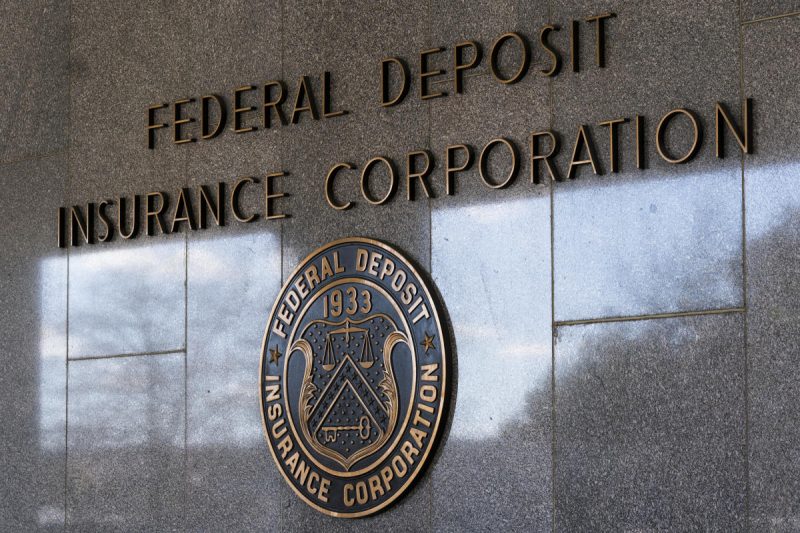Newly released court documents have shed light on the U.S. Federal Deposit Insurance Corporation (FDIC)’s role in influencing banks to halt cryptocurrency-related activities. The revelations come as part of an ongoing Freedom of Information Act (FOIA) lawsuit, challenging previous claims that regulatory pressure on crypto firms was a conspiracy theory.
FDIC’s “Pause Letters” Targeted Crypto Banking
According to court filings made on December 6 in the U.S. District Court for the District of Columbia, the FDIC issued letters in 2022 to several banks, instructing them to pause all cryptocurrency-related activities. The names of these financial institutions were redacted in the released documents.
The letters cited regulatory uncertainty surrounding digital assets as the primary reason for the pause. An excerpt from the communication stated, “The FDIC will notify all FDIC-supervised banks at a later date when a determination has been made on the supervisory expectations for engaging in a crypto asset-related activity, including the need for any regulatory filings.”
Coinbase Pushes Back on Alleged “Debanking” Efforts
The court filings were part of a FOIA lawsuit initiated by History Associates in June, on behalf of Coinbase. The cryptocurrency exchange has been embroiled in regulatory battles, including an enforcement action from the Securities and Exchange Commission (SEC). Coinbase’s legal team requested documents from the FDIC to investigate allegations of a broader effort to cut ties between financial institutions and crypto firms. When the FDIC denied the FOIA request, Coinbase supported the ensuing lawsuit.
Paul Grewal, Coinbase’s chief legal officer, commented on the findings via a December 6 social media post. He said the letters confirmed what some had called “Operation Chokepoint 2.0″—a term coined to describe alleged U.S. government attempts to pressure banks into severing ties with crypto firms. Grewal criticized the FDIC for excessive redactions in the released documents.
“Operation Chokepoint 2.0” and Industry Concerns
The original Operation Choke Point, which ran from 2013 to 2017, targeted financial services tied to payday lenders and other high-risk businesses. In recent years, similar claims have emerged within the crypto industry, with executives alleging that banks are being coerced into closing accounts linked to digital assets.
In November, several crypto executives publicly shared that their bank accounts were abruptly terminated due to their companies’ connections to cryptocurrencies. Coinbase CEO Brian Armstrong hinted on November 27 that ongoing FOIA requests might uncover illegal actions by government officials in these cases.
Implications for Crypto and Banking
The FDIC Chair, Martin Gruenberg, is set to retire on January 19, leaving the future leadership of the agency uncertain as the new administration steps in. At the time of publication, no replacement had been announced.
This development raises broader questions about the regulatory landscape for crypto and its integration into traditional financial systems. If the FOIA lawsuit uncovers further evidence of coordinated efforts to “debank” crypto firms, it could reshape the debate on government interference in financial markets.
